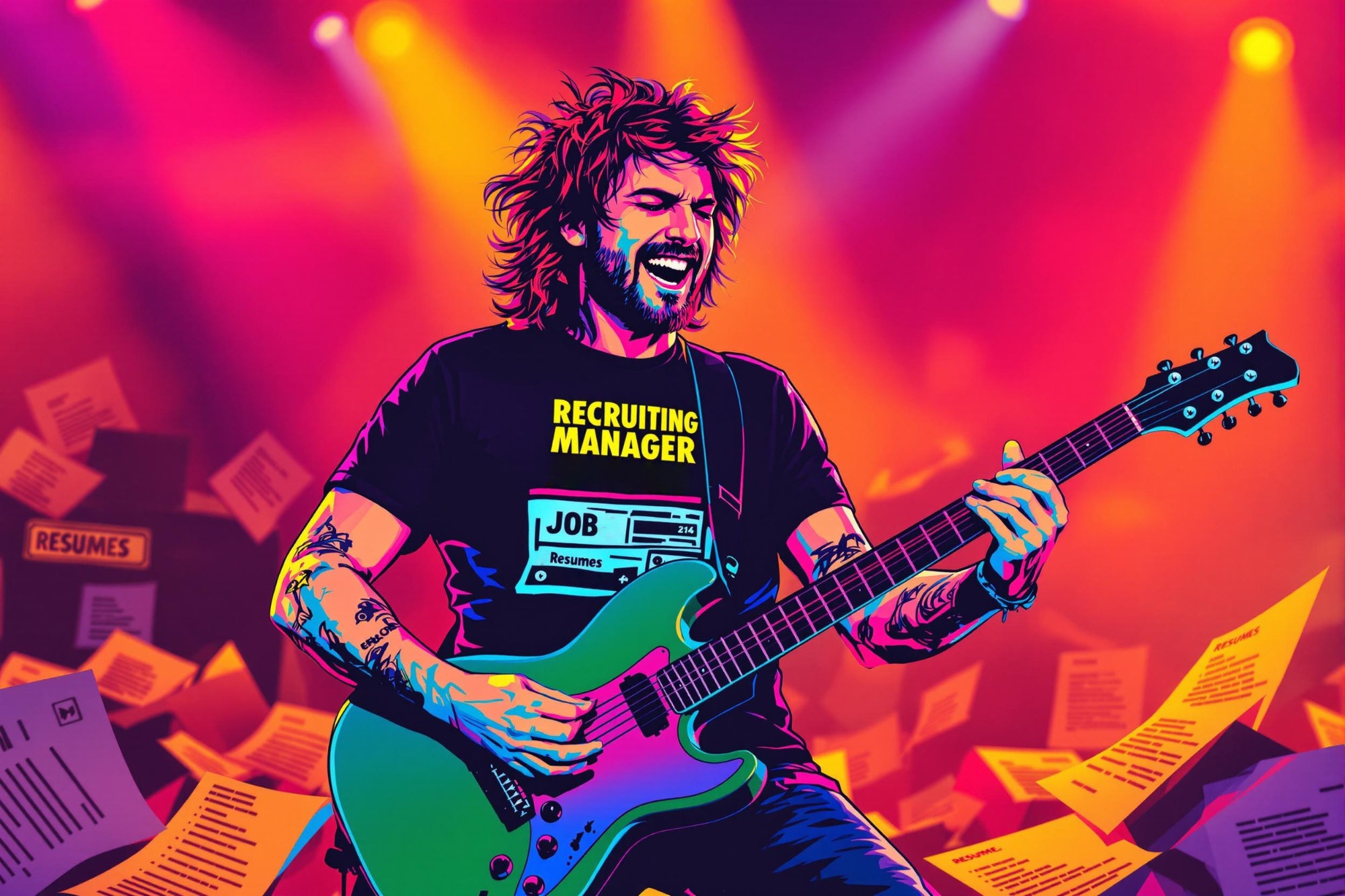
Tag
A tag, in comedy terms, is an additional punchline or joke that follows the main punchline of a bit. Think of it as a bonus laugh that comedians add after what seems like the end of a joke. Some people also call these 'callbacks' when they reference earlier jokes in the set. It's a skill that shows a comedian's ability to layer their humor and get maximum laughs from their material. This technique is particularly valued because it demonstrates advanced joke writing abilities and helps create a more cohesive comedy set.
Examples in Resumes
Developed 3-5 tags per bit, increasing audience laugh time by 30%
Created memorable tag sequences that became signature closing bits
Wrote and performed tags and callbacks for hour-long special
Mentored junior comedians in developing tag writing techniques
Typical job title: "Comedy Writers"
Also try searching for:
Where to Find Comedy Writers
Online Communities
Job Boards
Industry Events
Professional Networks
Example Interview Questions
Senior Level Questions
Q: How do you structure a complete comedy set with effective tags?
Expected Answer: A senior comedian should explain how they build a set with multiple connecting pieces, use callbacks throughout, and create layers of tags that build on each other for maximum impact. They should also discuss how they teach these techniques to others.
Q: How do you adapt your tag writing for different audiences and venues?
Expected Answer: Should demonstrate understanding of how to modify tags based on audience demographics, venue size, and show format, with examples of successful adjustments they've made.
Mid Level Questions
Q: What's your process for developing tags for existing material?
Expected Answer: Should explain their method for reviewing existing jokes, identifying tag opportunities, and testing new tags with audiences. Should include examples of successful tags they've added.
Q: How do you time your tags for maximum effect?
Expected Answer: Should discuss understanding audience reactions, proper pause timing, and how to deliver tags effectively without overshadowing the main punchline.
Junior Level Questions
Q: What is a tag and why is it important in comedy?
Expected Answer: Should be able to explain that a tag is an additional punchline after the main joke and how it can enhance the overall comedy bit with basic examples.
Q: How do you know when a bit needs a tag?
Expected Answer: Should demonstrate basic understanding of joke structure and ability to identify opportunities where additional laughs could be generated through tags.
Experience Level Indicators
Junior (0-2 years)
- Basic joke writing
- Understanding of tag concept
- Ability to perform simple tags
- Basic audience reading skills
Mid (2-5 years)
- Creating multiple tags per bit
- Callback implementation
- Timing and delivery expertise
- Audience engagement techniques
Senior (5+ years)
- Advanced tag writing and structure
- Teaching and mentoring abilities
- Complex callback systems
- Masterful crowd work integration
Red Flags to Watch For
- Unable to explain basic joke structure
- No understanding of timing and delivery
- Lack of original material
- No experience performing in front of live audiences
Related Terms
Need more hiring wisdom? Check these out...

From Ghost Town to Talent Hub: Transforming Your Careers Blog into a Talent Magnet

Employer Branding: Your Secret Weapon to Attract Top Talent in 2025

When Job Ads Dance: Why Your Next Hire Might Come From a 20-Second TikTok

